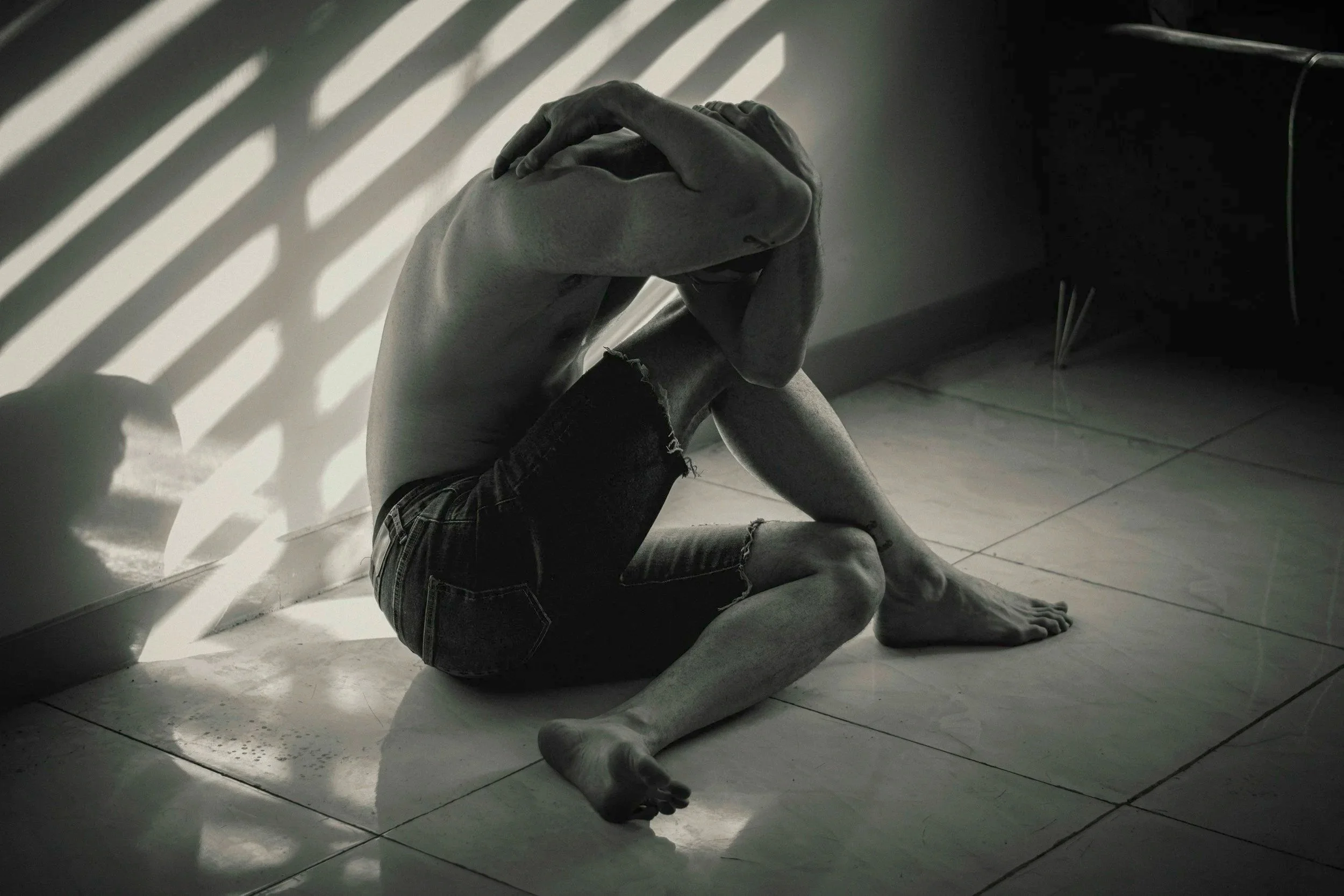Domestic Abuse Against Men
When most people think of domestic abuse, they often imagine female victims. However, men can and do experience abuse in intimate relationships. Domestic abuse against men is more common than many realise, yet it is often hidden due to stigma, shame, or fear of not being believed. No one should suffer in silence. Recognising the signs, understanding the impact, and seeking support are vital steps towards safety and recovery.
What Does Domestic Abuse Look Like for Men?
Domestic abuse is about power and control, and it can affect anyone—regardless of gender, age, or background. Male victims may experience:
Physical abuse: being hit, pushed, or assaulted.
Emotional abuse: constant criticism, insults, or threats to humiliate and control.
Financial abuse: being denied access to money, forced into debt, or prevented from working.
Sexual abuse: being pressured or coerced into unwanted sexual activity.
Psychological abuse: gaslighting, intimidation, or being isolated from friends and family.
Because of stereotypes around masculinity, men often feel pressured to “be strong” or “tough it out.” This can make it especially difficult for male survivors to acknowledge what they are going through. But abuse is never your fault, and seeking help is a sign of strength.
The Hidden Impact of Abuse on Men
There have been a few high-profile cases in recent years where men have spoken out, leading to the prosecution of the (female perpetrators). These have raised public awareness and have gone a long way towards removing the stigma around the issue and decreasing the pressure on men to stay silent.
The effects of domestic abuse on men can be devastating. Just like female survivors of domestic violence, male survivors may experience:
Anxiety, depression, or post-traumatic stress disorder (PTSD).
A loss of confidence and self-worth.
Difficulties forming healthy future relationships.
Feelings of isolation, shame, or fear of not being believed.
For fathers, abuse can also affect parenting and the relationship with children.
Children who witness abuse, regardless of the victim’s gender, may struggle emotionally and behaviourally.
Recognising the hidden impact of abuse is the first step towards breaking free.
Reach out for help and support
If you are a man experiencing domestic abuse, know this: you are not alone. Many men face similar challenges, and support is available.
Speaking to a counsellor, a helpline, or a trusted friend can help you begin the journey to healing. As A counsellor I offer a confisential, non-judgmental space where you can talk openly about your experience. I will work with you to:
Rebuild confidence and self-esteem.
Understand patterns of abuse and how to break them.
Develop coping strategies to deal with trauma and stress.
Explore your options for creating a safe and positive future.
Additional support is also available through men’s helplines, support groups, and legal services. The Mankind Initiative is great place to start.
Reaching out may feel daunting, but taking that first step can make all the difference.
Moving Forward
Every survivor’s journey is unique, and recovery is a gradual process that takes time. No man should feel ashamed or silenced by domestic abuse. Speaking up and seeking help shows courage—not weakness. If you are a man experiencing or recovering from domestic abuse, reach out today. Support is here, and you deserve to be safe, respected, and free from harm.
Useful links
A lecture by the founder of this organisation, Mark Brooks, OBE
Information around high-profile cases can be found here. Please be aware that these links may be upsetting, and take care of yourself if you decide to access them. Viewer discretion is strongly advised.
Abused by my girlfriend - The story of Alex Skeel
The Glenys Downie case (written)
The Sheree Spencer case (written), subject of My Wife, My Abuser aired on Channel 5 (documentary)


